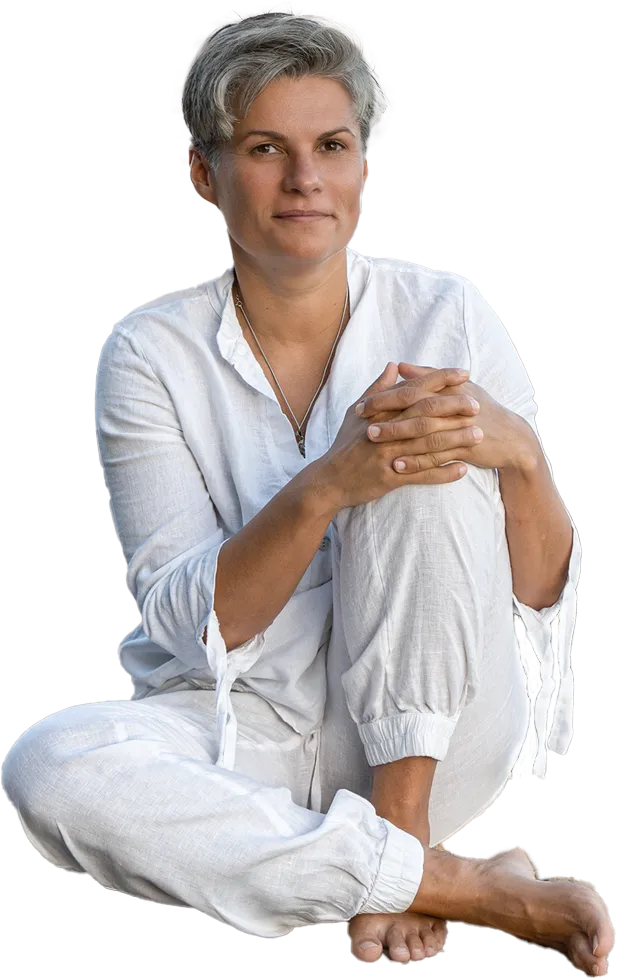The Power of Lifestyle Medicine in Cancer Recovery
Cancer treatment does not end with surgery, chemotherapy, or radiation. For many people, the real challenge begins afterwards — learning how to live well again. This is where lifestyle medicine and integrative oncology play a vital role.
What is lifestyle medicine in cancer care?
Lifestyle medicine is not about quick fixes. It is about everyday choices that shape health:
- balanced nutrition,
- regular movement,
- quality sleep and recovery,
- stress reduction,
- meaningful relationships and support.
Research shows that integrating these elements into cancer recovery can:
- reduce fatigue, hot flashes, and pain,
- improve energy, sleep, and mood,
- support long-term health and lower the risk of recurrence in some cancers,
- give patients back a sense of control.
A patient story: kettlebells, consistency, and change
One of my patients was treated for endometrial cancer. After her hysterectomy, she entered early menopause and struggled with hot flashes and low energy. Together, we worked on nutrition and introduced weight training with kettlebells.
At first, progress was slow, and it was easy to feel discouraged. But she stayed committed, training regularly for more than a year. Over time she lost 12 kilograms, her hot flashes improved, and her energy returned.
The most powerful change came not in the first weeks, but after many months — in fact, she noticed the biggest improvements only in the last two months of her training. This experience shows that lifestyle change is not about instant results. It is a process, and consistency makes the difference.
Why the process matters
Patients do not only need to be told what to do. They need support in learning how to do it, step by step. My role is to guide, encourage, and remind them that change takes time. The real transformation comes when they keep going, even when progress feels slow.
Beyond cancer: lifestyle medicine for all chronic disease
Although this story is about cancer recovery, the same principles apply to other conditions such as diabetes, heart disease, and autoimmune disorders. Step by step, lifestyle medicine can:
- lower blood pressure and stabilize blood sugar,
- reduce inflammation,
- improve mental wellbeing,
- and prevent complications.
Conclusion
Conventional treatment saves lives. Lifestyle medicine restores quality of life.
The journey of my patient with endometrial cancer reminds us that true healing is not a quick fix, but a process. With the right support, patients can move from surviving to thriving — and discover new strength in the process.


